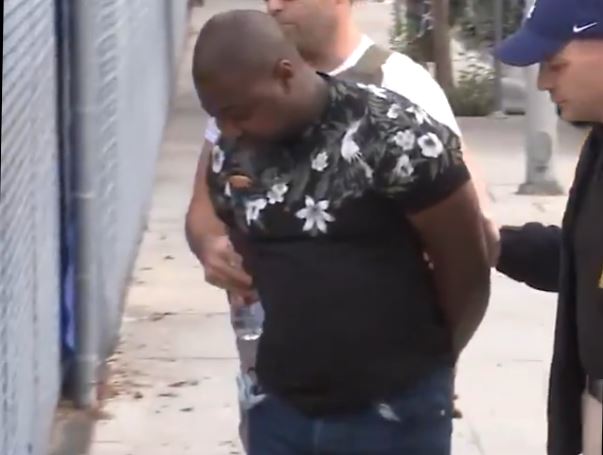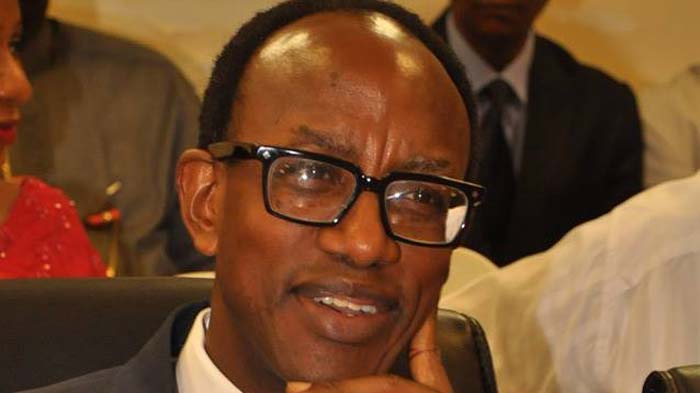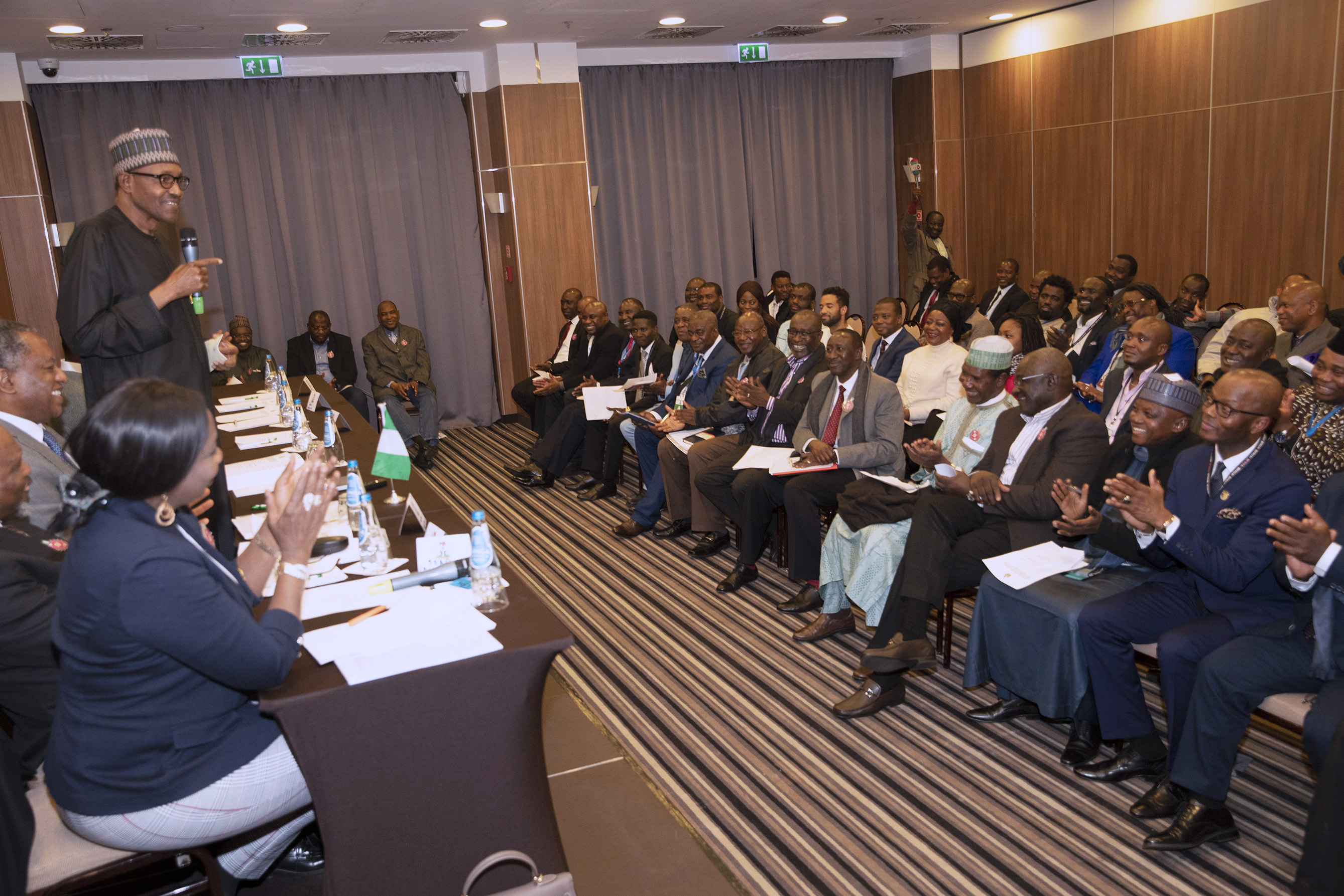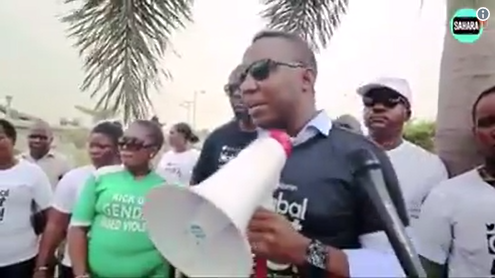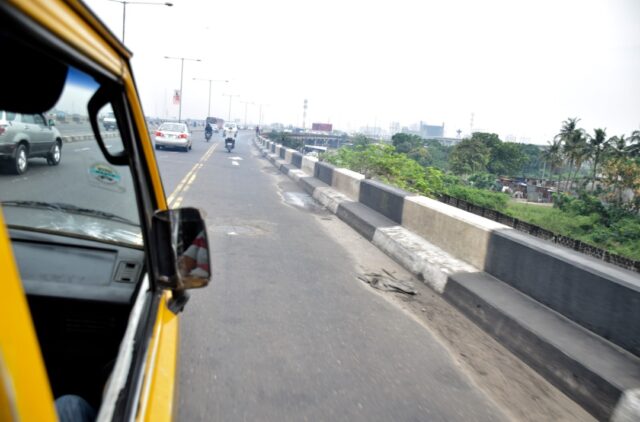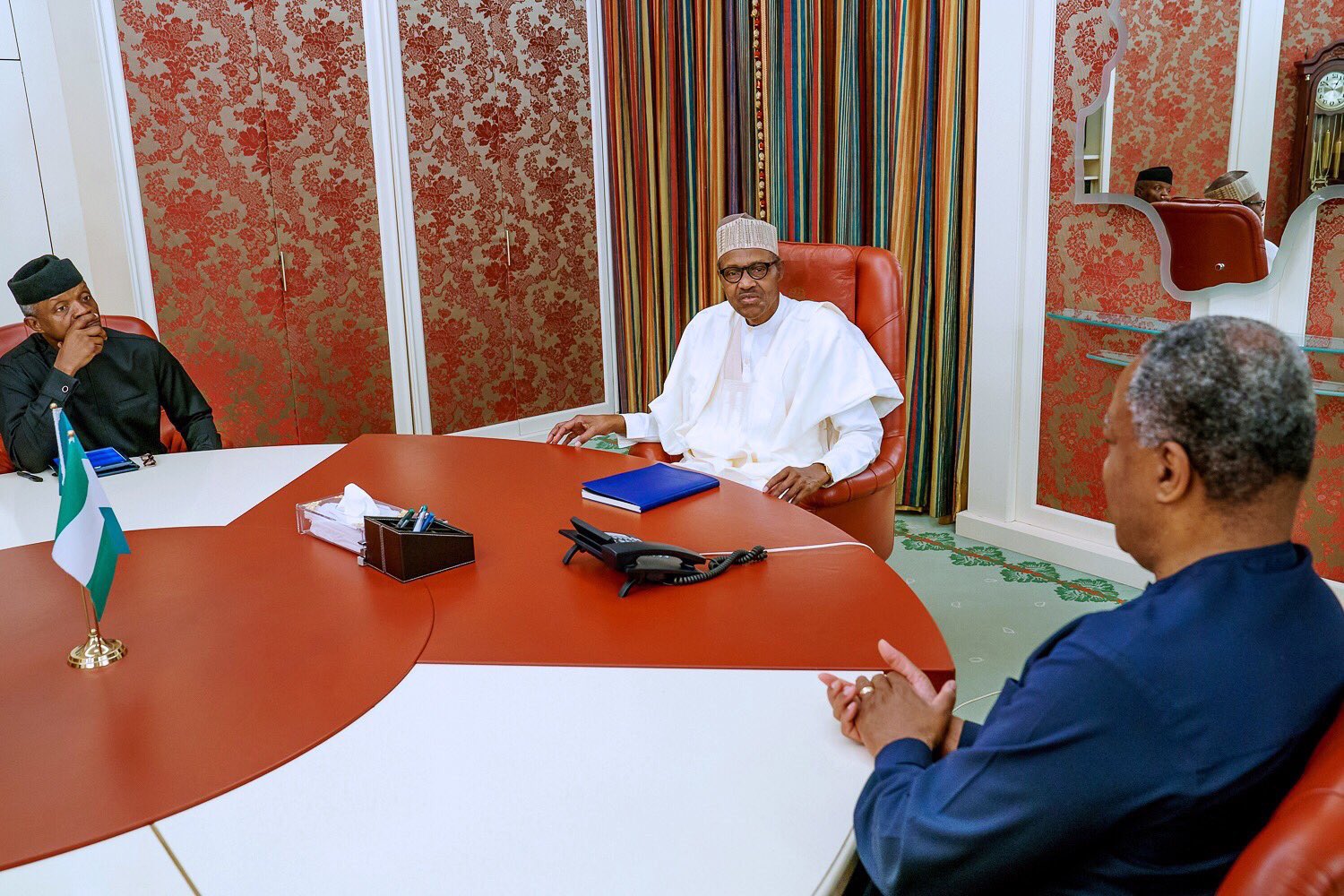BY HARUNA SALISU
Fisayo Soyombo, one of Nigeria’s most prolific writers cum investigative reporter has raised an important point about the ethnic profiling associated with the FBI list linking 77 Nigerians to internet fraud of international magnitude.
The list, Fisayo argued, had 74 Nigerians of Igbo extraction as suspects that would sooner or later face the wrath of the US laws. Fisayo was worried of the country’s “already-battered international image” which he says, the latest internet scam has reinforced.
The journalist again was nerve-wrecked by the ethnic jingoists who took to social media to point out the “many sins” of the Igbo extraction who were called all sort of unprintable names.
While I join my mentor in lamenting over the unfortunate FBI list that gave another blow to our already traumatized image at the international stage as well as the denigration of the Igbo extraction; we need also to look at the issue from another perspective.
Advertisement
As a novice in international politics and diplomacy, I am less worried about our international image which is mostly symbolic and does not make any meaning to people of my type. But I’m worried about the continued ethnic profiling among Nigerians into “us vs them”. These kinds of stereotyping is increasingly tearing Nigerians apart, reinforcing the differences among us and isolating us from one another.
But I honestly don’t blame the social media warriors posting nauseatingly annoying comments on the 74 members of Igbo extraction found on the FBI list. The commenters have mentors—the Nigeria press.
The press is the major culprit—or better puts—the major enemy of the Nigerian people. As a student of media and conflict, I’m not unaware of the role of the media in the Rwanda and Bosnia Herzegovina genocidal ethnic cleansing. The media, one could argue was the major player that aided and abetted the genocides in the two countries.
Advertisement
When the media takes side and become interested in fulfilling the biddings of politicians who wouldn’t mind to tear us apart for their political gains—then one would realised that we are in trouble.
Take our national dailies and critically look at their headlines. When the people they don’t like commit crime or perpetrate mayhem on innocent people, the media is quick to define their ethnic identities and attribute their crimes to tribe, region or religion.
Let me cite just two examples here of headlines from one of Nigeria’s most read national daily: Suspected Fulani herdsmen kill Fasoranti’s daughter, Fulani herdsmen return call: Fury as Ohanaeze, Afenifere, other groups bash NEF.
The editor (s) that framed the above headlines, unless trying to satisfy someone somewhere, could recast the headlines without mentioning the tribes of the culprits that killed Fasoranti’s daughter.
Now, study the foregoing headlines carefully and juxtaposed them with scholarly arguments that espoused the power of the media in influencing citizens’ perceptions, opinions, and behaviours.
Media framings in a particular way and consistent reporting on certain issues to satisfy certain vested interest is dangerous, for, it has the potential tendencies to ignite or reinforce negative stereotypes that could degenerate into conflicts.
There are documented scholarly justifications that opined that people’s reasoning about divisive political issues is shaped by the media. It’s unfortunate that we don’t learn lessons from history. The Nigeria media has played a significant role in fighting colonialism. But unfortunately, the media is trying to fight the Nigerian people by putting us in a head-on collision, desperately tearing us apart based on ethnic regional and religious lines.
The framings and profiling by the media that portray certain people in a certain way or that present some as “attackers” and others as “victims” is a very dangerous omen that could send us to a collective peril. The social media warriors are just reiterating popular opinions on the unregulated cyber space birthed by the supposedly ethical and professional media.
Advertisement
I have talked about the Rwandan conflict of 1994 being the most referred example of how media framing could pose fatal conflicts that could result to genocide. In the Rwandan conflict, we have seen how pro-government radio broadcast helped listeners with dangerous ideas that pushed fear, hate and dehumanization of minority groups. The Nigerian media is enroute to doing that.
While I join my mentor in feeling the pains of the ethnic profiling of the Igbo extraction on the FBI list, I’m equally worried about the attitude of the Nigerian media in hatching, nurturing and exacerbating such negative stereotypes that could Rwandanize Nigeria sooner than later.
I’m glad my mentor is an experienced writer and editor; so may we please start a deliberate conversation on how we could get the media stop the ethnic, religious and regional framings and profiling that have the potentials to send us into extinction.
Salisu, an adjunct lecturer at Abubakar Tatari Ali Polytechnic, could be reached via [email protected]
Advertisement
Views expressed by contributors are strictly personal and not of TheCable.
